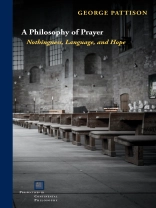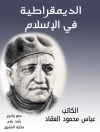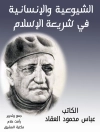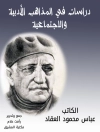Exploring the silence of prayer in Post-Kantian philosophy and traditional spirituality
A Philosophy of Prayer explores prayer within the perspective of post-Kantian philosophy. Against a background of traditional sources, including Augustine, The Cloud of Unknowing, and the seventeenth-century French school of spirituality, the book uses Schleiermacher, Kierkegaard, Dostoevsky, Heidegger, Berdyaev, Tillich, Marcel, Simone Weil, Emmanuel Levinas, and Jean- Louis Chrétien to provide an interpretation of what is meant by the passivity and self-annihilation of the praying self, suggesting an “apophatics of the personality.”
Pattison pays particular attention to the question of language and the implications of the role given to silence in traditional texts, arguing that language remains a defining element of the human–God relationship and that silence is not to be construed as the negation of language but as the revelation of the depth of language itself. The basic structure of prayer is shown to be implicitly eschatological, oriented toward a coming kingdom of justice and peace while, at the same time, expressing a deep desire for ontological homecoming, a tension manifest in, respectively, Levinas and Heidegger. On Pattison’s reading, prayer calls for and develops a particular orientation of the self toward existence, corresponding to the virtue of humility, long understood as the basic Christian virtue. This is shown to be in tension with modernity’s commitment to strong versions of autonomy. However, the choice of humility is not presented as the reinstatement of religious heteronomy but as a free choice of the praying self.
Table des matières
Preface | xi
1 Annihilation | 1
2 Unknowing | 17
3 Mystery | 34
4 Words | 51
5 Preaching | 68
6 Promise | 83
7 Height | 96
8 Homecoming | 110
9 Humility | 123
Postscript | 141
Notes | 143
Select Bibliography | 163
Index | 171
A propos de l’auteur
John D. Caputo is Thomas J. Watson Professor Emeritus of Religion at Syracuse University and David R. Cook Professor Emeritus of Philosophy at Villanova University. His most recent book is In Search of Radical Theology.












